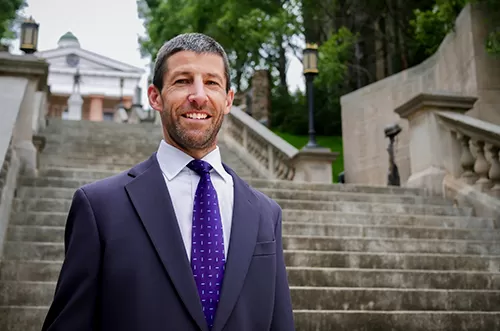Bass v. Romano (In re Romano), 2019 Bankr., LEXIS 3264, 2019 WL 5204455 (Bankr. E.D. Va. Oct. 15, 2019)
On October 8, 2016, Melissa Bass (“Bass”) executed a contract (the “Purchase Agreement”) to acquire a residence (the “Property”) from CNJ Ventures, LLC (“CNJ”), a Virginia limited liability company owned by Joshua Romano (“Romano”). The Purchase Agreement contemplated that CNJ would perform renovations and repairs on the Property prior to the closing, which was scheduled for January 2017. Closing was delayed as work on the Property ensued. In the interim, Bass had sold her old home and moved into temporary lodgings while awaiting her new home’s completion.
In April 2017, a home inspection revealed numerous construction deficiencies at the Property to be addressed by CNJ. Although the deficiencies were not completed to Bass’ satisfaction, she agreed to proceed to closing based on Romano’s assurances that he would correct the outstanding issues after closing. Bass did not request that any portion of the purchase price be escrowed to pay for the promised repairs.
Following the closing on May 5, 2017, Bass gave Romano a list of items still needing work. Over the following months, Romano resolved some but not all the issues. Near the end of 2017, CNJ ceased work on the Property when Romano ran out of funds. Bass then obtained estimates to complete the outstanding items.
On April 20, 2018, Bass filed suit against Romano and CNJ in the City of Richmond’s Circuit Court (the “State Court”). The State Court entered judgment by default (the “Default Judgment”).
On October 31, 2018, Romano filed for Chapter 7 Bankruptcy protection. On the same day, the State Court fixed damages against CNJ in the amount of $239,539.86.
On February 7, 2019, Bass filed a Complaint in the Bankruptcy Court requesting that the Default Judgment be declared non-dischargeable based on the statutory exceptions to discharge for misrepresentation or actual fraud. At trial in the Bankruptcy Court, Bass argued that collateral estoppel precluded Romano from relitigating the Default Judgment, which included a cause of action for misrepresentation and fraud.
The Bankruptcy Court disagreed, finding that the Default Judgment did not include specific findings and only generally granted judgment jointly and severally against the defendants. The State Court Complaint contained five causes of action, four of which did not involve fraud and no specific findings were made in the Default Judgment and the issues were not actually litigated in the State Court. In the Bankruptcy Court, Bass failed to demonstrate that Romano’s promise to complete the work following the closing was a fraudulent misrepresentation. Substandard performance or a mere breach of the construction contract does not rise to the level of fraud necessary to deem the debt non-dischargeable. Rather, the evidence showed that Romano intended to perform and attempted to partially perform following the closing.





